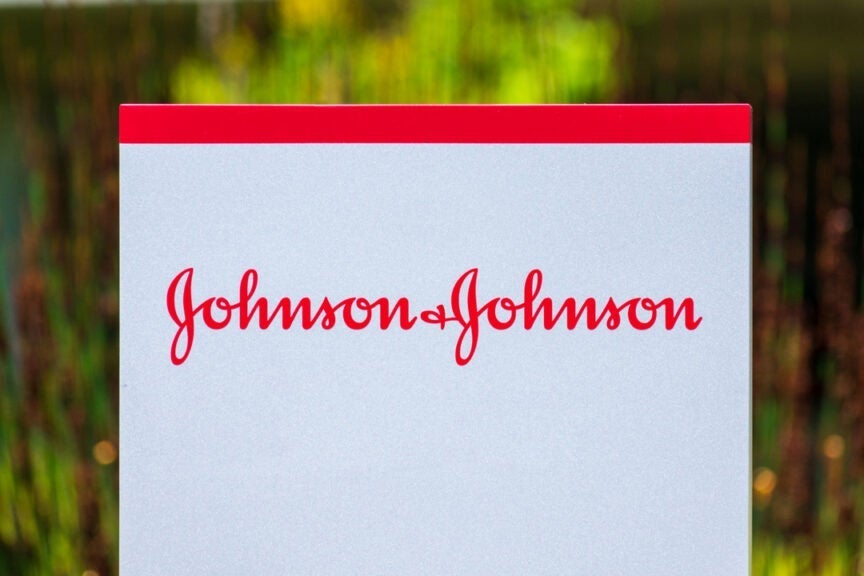Johnson & Johnson JNJ is set to release its second-quarter earnings on Wednesday, July 16. According to Benzinga Pro data, analysts estimate adjusted earnings of $2.68 per share and sales of $22.85 billion.
While overall estimates for 2025 and beyond show only slight increases, investor attention is expected to heavily center on the company’s updated 2025 guidance, the evolving impact of tariffs and biosimilars, and the progress of its pipeline and recent product launches.
Adding to the pre-earnings anticipation, Bank of America Securities (BofA) has already updated its revenue estimates for J&J for 2025 and beyond ahead of second-quarter earnings.
Also Read: FDA Issues Early Alert For Johnson & Johnson’s Abiomed Heart Pump Controllers
BofA analyst Tim Anderson notably highlighted that the major focus is expected to be updated 2025 guidance, tariff impact, biosimilar impact, and pipeline and launch progress.
BofA itself slightly increased its second-quarter 2025 revenue and EPS estimates by 1% due to improved foreign exchange rates. For the full year 2025, revenue estimates are up 1% and underlying EPS estimates are 2% higher, again largely driven by foreign exchange, with similar modest increases projected for the later 2020s (though partly offset by the Erleada IRA).
Despite these slight upward revisions, BofA maintains a Neutral rating and a price forecast of $61, deeming the stock fairly valued given its average long-term EPS growth and above-average P/E multiple.
In a Wednesday investor note, analyst Anderson also pointed out that Johnson & Johnson anticipates a $2 billion net headwind in 2025, spread throughout the year, impacting assets such as Stelara (in addition to biosimilar and price erosion), Tremfya, the Invega family, Spravato, Opsumit, Uptravi, and Erleada, while Xarelto is expected to benefit.
Furthermore, CFO Joseph Wolk has revised the estimated 2025 tariff impact down to $200 million from the $400 million guided in the first quarter of 2025, with the majority weighted toward the second half of the year; this estimate does not factor in any potential Section 232 tariffs.
Earlier in July, a federal court sided with the U.S. Department of Health and Human Services (HHS), rejecting Johnson & Johnson’s attempt to alter its participation in the 340B Drug Pricing Program.
The dispute centers on the 340B Program, a federal initiative requiring pharmaceutical manufacturers participating in Medicaid and Medicare Part B to sell outpatient drugs at reduced prices to certain healthcare providers, including hospitals and clinics serving low-income and rural populations.
Price Action: JNJ stock is trading lower by 0.18% to $155.51 at last check Wednesday.
Read Next:
Image via Shutterstock
